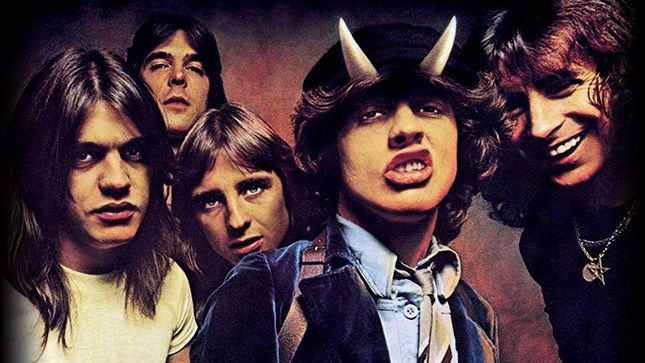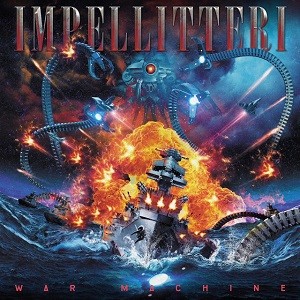AC/DC, IRON MAIDEN, FOREIGNER Producer / Engineer TONY PLATT - "I’m Not A Big Subscriber To The DIRE STRAITS Ethos Of Standing On Stage And Playing The Album Note For Note, Word For Word And Sound For Sound"
June 16, 2020, 4 years ago

Renowned producer/engineer, Tony Platt, is featured in a new interview with MusicRadar. An excerpt follows.
Tony's current home mixing studio domesticates five decades of experience around the best studios in the world. So, when he offers opinion on just exactly what this damned recording thing is, you listen.
Perhaps Tony’s most famous recording sessions as a young engineer would be his work on Bob Marley’s breakthrough albums Catch A Fire and Burnin’, as well as both Highway To Hell and Back In Black for Scots-Aussie rockers AC/DC. With full production credits later ranging from Cheap Trick to Iron Maiden, no wonder he’s become a leading light of the Music Producers Guild, a professional meeting point for the best in the biz.
Over the years he’s evolved a very deep understanding of musical creativity and has almost come to regard the song as a person, and the recording of the song as a portrait of that person at a specific age. Other portraits may be taken, of course, but the song continues to mature…
“One of the biggest problems songwriters face is that songs, really, should never be finished,” he says. “You write a song, and when you record it you take a snapshot of it at that particular moment in time. But then you take it on stage and it changes.
"I’m not a big subscriber to the Dire Straits ethos of standing on stage and playing the album note for note, word for word and sound for sound - to the extent that you might as well have a CD player on stage instead of a band.
“When you take your songs out on the road they continue to grow and develop, and a recording is not the definitive statement. As a producer I regularly listen to albums I worked on and realize how I could - and maybe should - have done some things differently.
"The challenge is to get it to the point where it is commercially viable and releasable - as finished as it can be at that point. As you go forwards, it won’t be finished any more. And that’s as it should be, because if you’re saying it’s absolutely perfect, locked off, done… quite honestly, I don’t think that exists.”
Read the complete interview at MusicRadar.com.











